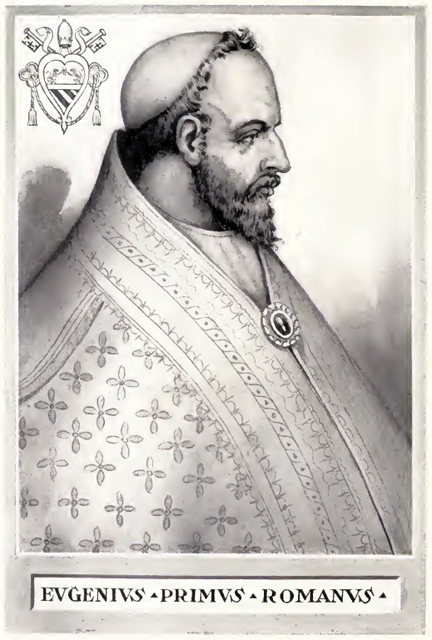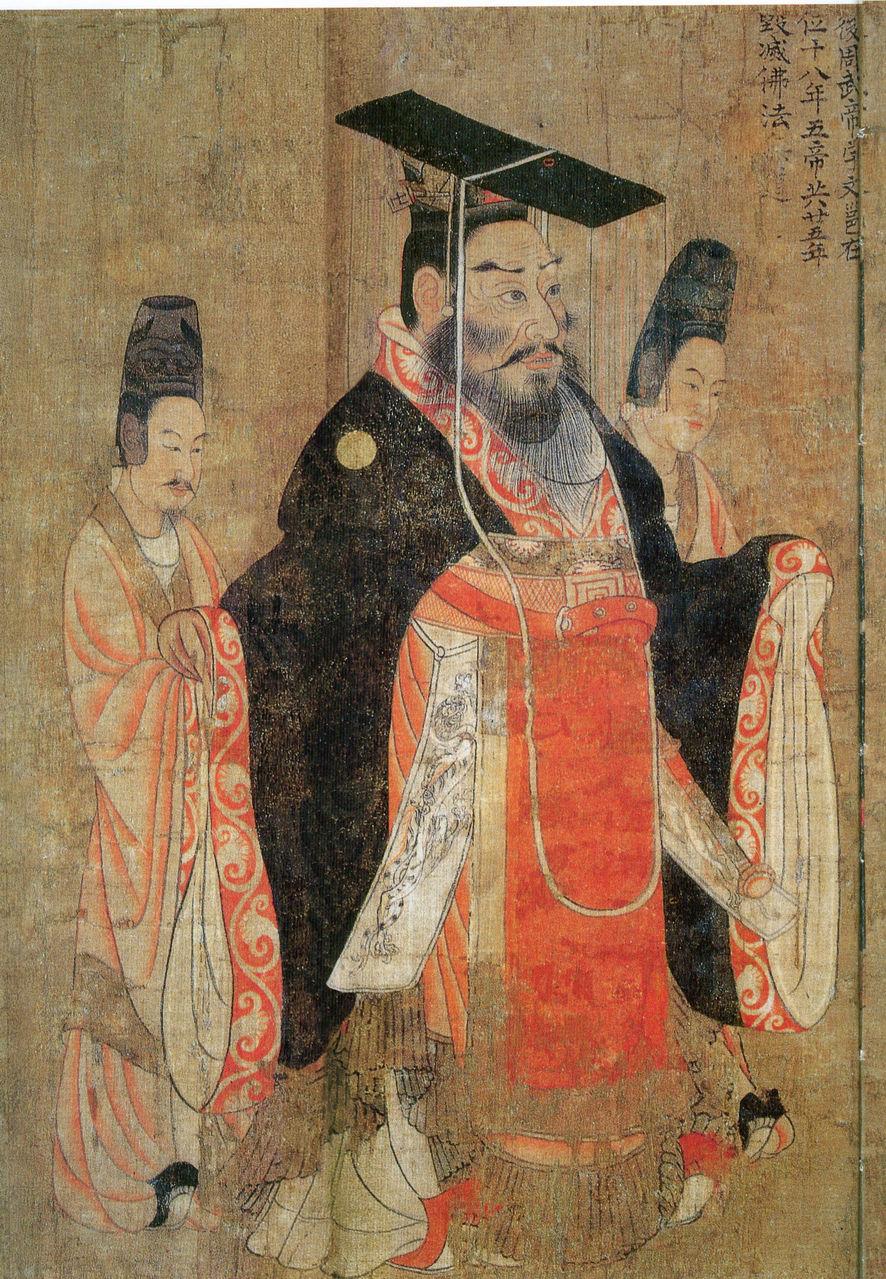|
Kim Alcheon
Kim Alcheon (aka, So Alcheon, 577-654). He was a well-known general during Queen Seondeok's era and served as a Sangdaedeung during Queen Jindeok's reign. Biography He was the son of Hyeongong - a man of Bone rank system, Seonggol rank, who deliberately married a woman of a lower rank (Bone rank system, Jingol), in order to keep his children away from the bloody fight over the throne, which eventually made Alcheon a Jingol. According to Samgungnyusa, Samguk Yusa, Alcheon was a member of the Hwarang, during Jinpyeong of Silla, King Jipyeong's reign. Year 636, Queen Seondeok of Silla, Queen Seondeok, ordered him to drive off the Baekje forces in Yeoguen-gok. He helped Gim Yu-sin, Kim Yushin to suppress Bidam#Revolt against Queen Seondeok of Silla, Bidam's rebellion, against Queen Seondeok, on February of year 637. After Queen Seondeok died, he was appointed as the next Sangdaedeung for Jindeok of Silla, Queen Jindeok. He led his soldiers to victory over the Goguryeo forces, when the ... [...More Info...] [...Related Items...] OR: [Wikipedia] [Google] [Baidu] |
Sangdaedeung
{{Short description, Office of the Silla state in Korea Sangdaedeung (상대등, 上大等, the First of Daedeungs or Peers, Extraordinary Rank One) was an office of the Silla Silla or Shilla (57 BCE – 935 CE) ( , Old Korean: Syera, Old Japanese: Siraki2) was a Korean kingdom located on the southern and central parts of the Korean Peninsula. Silla, along with Baekje and Goguryeo, formed the Three Kingdoms of ... state. It was considered as the highest and most prestigious office that one could attain next to the throne itself. It was established during King Beophung's 18th year as a king (531) and survived until the end of Silla. Selection The ''Sangdaedeung'' was chosen from among those men of "true bone" ( jingeol) lineage in Silla's strict aristocratic social order. He presided over the Hwabaek Council (화백, 和白), an advisory and decision–making committee composed of other high–ranking officials holding the office of ''Daedeung'' (대등, 大等). The ... [...More Info...] [...Related Items...] OR: [Wikipedia] [Google] [Baidu] |
Im Hyuk
Im Hyuk (born Im Jung-hyuk; May 31, 1949) is a South Korean actor. Im has starred in television series since 1969, notably in historical drama A historical drama (also period drama, costume drama, and period piece) is a work set in a past time period, usually used in the context of film and television. Historical drama includes historical fiction and romance film, romances, adventure f ...s. Filmography Television series Film Awards and nominations References External links * * * 1949 births Living people South Korean male television actors South Korean male film actors Chung-Ang University alumni Pungcheon Im clan {{Korea-actor-stub ... [...More Info...] [...Related Items...] OR: [Wikipedia] [Google] [Baidu] |
7th-century Deaths
The 7th century is the period from 601 (DCI) through 700 ( DCC) in accordance with the Julian calendar in the Common Era. The spread of Islam and the Muslim conquests began with the unification of Arabia by Muhammad starting in 622. After Muhammad's death in 632, Islam expanded beyond the Arabian Peninsula under the Rashidun Caliphate (632–661) and the Umayyad Caliphate (661–750). The Muslim conquest of Persia in the 7th century led to the downfall of the Sasanian Empire. Also conquered during the 7th century were Syria, Palestine, Armenia, Egypt, and North Africa. The Byzantine Empire suffered setbacks during the rapid expansion of the Caliphate, a mass incursion of Slavs in the Balkans which reduced its territorial limits. The decisive victory at the Siege of Constantinople in the 670s led the empire to retain Asia Minor which assured the existence of the empire. In the Iberian Peninsula, the 7th century was known as the ''Siglo de Concilios'' (century of ... [...More Info...] [...Related Items...] OR: [Wikipedia] [Google] [Baidu] |
7th-century Korean People
The 7th century is the period from 601 (DCI) through 700 ( DCC) in accordance with the Julian calendar in the Common Era. The spread of Islam and the Muslim conquests began with the unification of Arabia by Muhammad starting in 622. After Muhammad's death in 632, Islam expanded beyond the Arabian Peninsula under the Rashidun Caliphate (632–661) and the Umayyad Caliphate (661–750). The Muslim conquest of Persia in the 7th century led to the downfall of the Sasanian Empire. Also conquered during the 7th century were Syria, Palestine, Armenia, Egypt, and North Africa. The Byzantine Empire suffered setbacks during the rapid expansion of the Caliphate, a mass incursion of Slavs in the Balkans which reduced its territorial limits. The decisive victory at the Siege of Constantinople in the 670s led the empire to retain Asia Minor which assured the existence of the empire. In the Iberian Peninsula, the 7th century was known as the ''Siglo de Concilios'' (century of councils) ... [...More Info...] [...Related Items...] OR: [Wikipedia] [Google] [Baidu] |
654 Deaths
__NOTOC__ Year 654 ( DCLIV) was a common year starting on Wednesday (link will display the full calendar) of the Julian calendar. The denomination 654 for this year has been used since the early medieval period, when the Anno Domini calendar era became the prevalent method in Europe for naming years. Events By place Byzantine Empire * Emperor Constans II appoints his son Constantine IV, age 2, co-emperor (''Augustus''). He is too young to rule as monarch of the Byzantine Empire, and his title remains a given name. Europe * King Recceswinth draws up the '' Liber Judiciorum'' at Toledo, a Visigothic code based on Roman law, that establishes equality between Goths and Hispano-Romans without regard to racial or cultural differences. Britain * King Penda of Mercia defeats the East Anglians at Bulcamp near Blythburgh (Suffolk). King Anna of East Anglia and his son Jurmin are killed. * Æthelhere succeeds his brother Anna as king of East Anglia, and accepts Mercian o ... [...More Info...] [...Related Items...] OR: [Wikipedia] [Google] [Baidu] |
577 Births
__NOTOC__ Year 577 ( DLXXVII) was a common year starting on Friday (link will display the full calendar) of the Julian calendar. The denomination 577 for this year has been used since early medieval times, when the Anno Domini calendar era became the prevalent method in Europe for naming years. Events By place Byzantine Empire * Byzantine–Sassanid War: A Byzantine expeditionary force under command of Justinian (''magister militum'') invades Caucasian Albania, launching raids across the Caspian Sea against the Persians. * Summer – Tiberius, Byzantine co-ruler (''Caesar''), establishes a naval base at Derbent on the Caspian Sea to construct a Byzantine fleet (approximate date). * Winter – Maurice is appointed commander-in-chief of the Byzantine army in the East. He succeeds Justinian, despite complete lack of military experience. Europe * Battle of Deorham: The Anglo-Saxons under Ceawlin of Wessex invade the lower Severn Valley, and defeat the Bri ... [...More Info...] [...Related Items...] OR: [Wikipedia] [Google] [Baidu] |
Korean Warriors
Korean may refer to: People and culture * Koreans, ethnic group originating in the Korean Peninsula * Korean cuisine * Korean culture * Korean language **Korean alphabet, known as Hangul or Chosŏn'gŭl **Korean dialects and the Jeju language **See also: North–South differences in the Korean language Places * Korean Peninsula, a peninsula in East Asia * Korea, a region of East Asia * North Korea, the Democratic People's Republic of Korea * South Korea, the Republic of Korea Other uses *Korean Air, flag carrier and the largest airline of South Korea See also *Korean War, 1950–1953 war between North Korea and South Korea *Names of Korea, various country names used in international contexts *History of Korea The Lower Paleolithic era in the Korean Peninsula and Manchuria began roughly half a million years ago. Christopher J. Norton, "The Current State of Korean Paleoanthropology", (2000), ''Journal of Human Evolution'', 38: 803–825. The earlies ..., the history of Ko ... [...More Info...] [...Related Items...] OR: [Wikipedia] [Google] [Baidu] |
Silla Buddhists
Silla or Shilla (57 BCE – 935 CE) ( , Old Korean: Syera, Old Japanese: Siraki2) was a Korean kingdom located on the southern and central parts of the Korean Peninsula. Silla, along with Baekje and Goguryeo, formed the Three Kingdoms of Korea. Founded by Hyeokgeose of Silla, of the Park family, the Korean dynasty was ruled by the Gyeongju Gim (Kim) (김, 金) clan for 586 years, the Miryang Bak (Park) (박, 朴) clan for 232 years and the Wolseong Seok (석, 昔) clan for 172 years. It began as a chiefdom in the Samhan confederacies, once allied with Sui China and then Tang China, until it eventually conquered the other two kingdoms, Baekje in 660 and Goguryeo in 668. Thereafter, Unified Silla occupied most of the Korean Peninsula, while the northern part re-emerged as Balhae, a successor-state of Goguryeo. After nearly 1,000 years of rule, Silla fragmented into the brief Later Three Kingdoms of Silla, Later Baekje, and Taebong, handing over power to Goryeo in 935. Et ... [...More Info...] [...Related Items...] OR: [Wikipedia] [Google] [Baidu] |
The King's Dream
''Dream of the Emperor'' () is a South Korean television series that aired on KBS1 from September 8, 2012 to June 9, 2013 on Saturdays and Sundays at 21:40 for 70 episodes. Plot Kim Chun-chu is the grandson of King Jinji, but when his grandfather is overthrown, Chun-chu is denied the chance to become a successor to the throne of Silla. He later meets Kim Yu-shin, and the two men begin a friendship. Chun-chu later becomes King Muyeol, the 29th Silla monarch who leads the unification of three ancient Kingdoms – Goguryeo, Baekje and Silla, while Kim Yu-shin becomes one of the greatest generals in Korean history. Cast Main characters * Choi Soo-jong as Kim Chun-chu, later King Taejong Muyeol of Silla ** Chae Sang-woo as young Chun-chu *Kim Yu-seok as Kim Yu-shin ** Noh Young-hak as young Yu-shin *Park Joo-mi (ep. 8 – 18) and Hong Eun-hee (episode 19 – 70) as Princess Deok-man, later Queen Seondeok of Silla **Seon Joo-ah as young Deok-man * Lee Young-ah and Son Yeo-eun as ... [...More Info...] [...Related Items...] OR: [Wikipedia] [Google] [Baidu] |
KBS1
The Korean Broadcasting System (KBS) () is the national broadcaster of South Korea. Founded in February 1927, it is one of the leading South Korean television and radio broadcasters. KBS operates seven radio networks, ten television channels, and multiple Internet-exclusive services. Its flagship terrestrial television stations KBS1 broadcasts on channel 9, while KBS1 sister channel KBS2, an entertainment oriented network, broadcasts on channel 7. KBS also operates the international service KBS World, which provides television, radio, and online services in twelve different languages. History Early radio broadcasts The KBS began as Keijo Broadcasting Station (경성방송국, 京城放送局) with call sign JODK, established by the Governor-General of Korea on 16 February 1927. It became the in 1932. After Korea was liberated from Japanese rule at the end of World War II, this second radio station started using the call sign HLKA in 1947 after the Republic of Korea was g ... [...More Info...] [...Related Items...] OR: [Wikipedia] [Google] [Baidu] |





_한국방송공사_(5481447848).jpg)